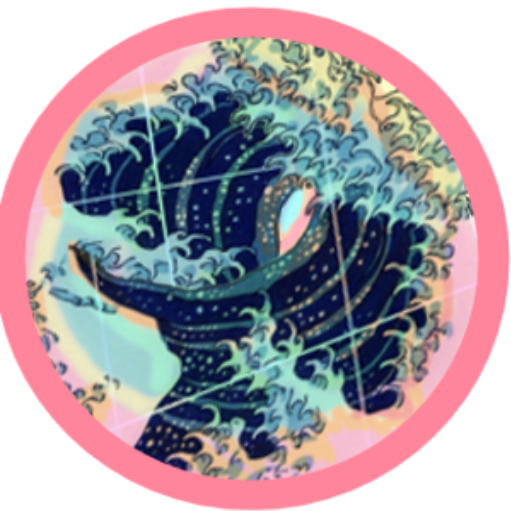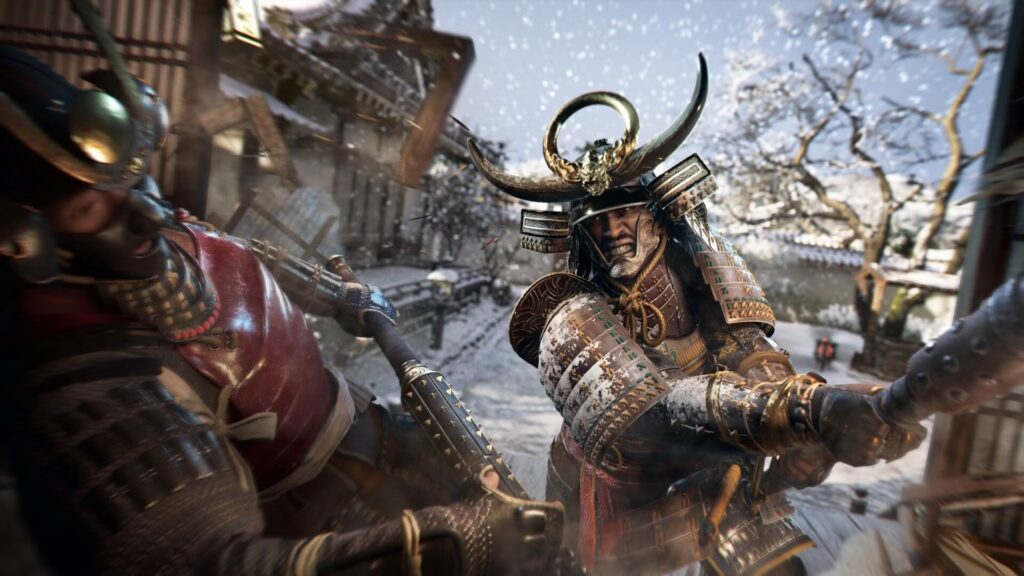Assassin’s Creed Shadows: Samurai Storytelling at Its Most Compelling
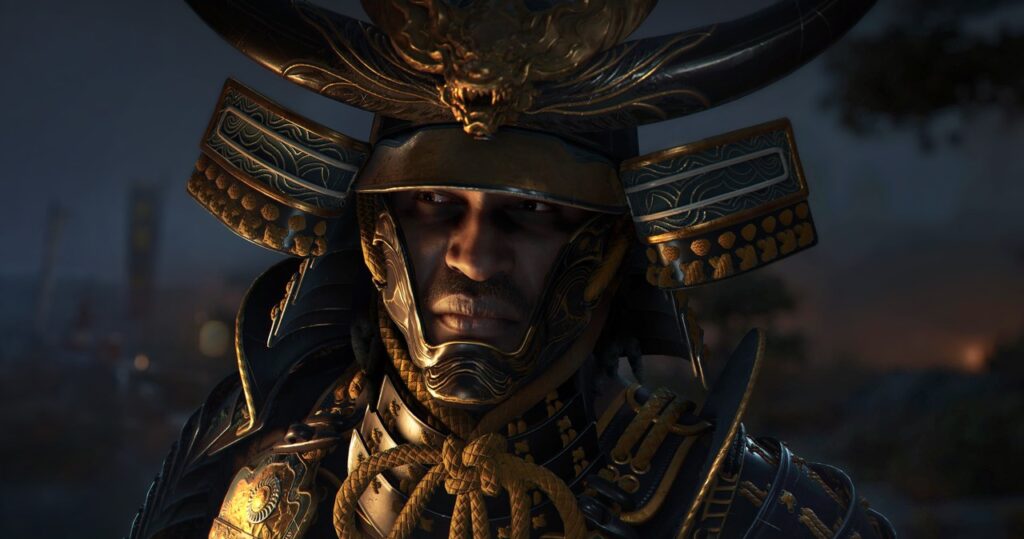
As someone who recently dove into Assassin’s Creed Shadows, I have to say—I’m hooked. The storytelling is tight, the atmosphere is absolutely stunning, and the new dual protagonists are genuinely refreshing. But what really caught my interest? Ubisoft’s portrayal of historical figures Yasuke and Oda Nobunaga.
So naturally, I started wondering: how much of this is grounded in real Japanese history and how much is creative license? Let’s take a look at the myth, the man, and the modern retelling.
Who Was Yasuke? From Mystery to Modern Hero
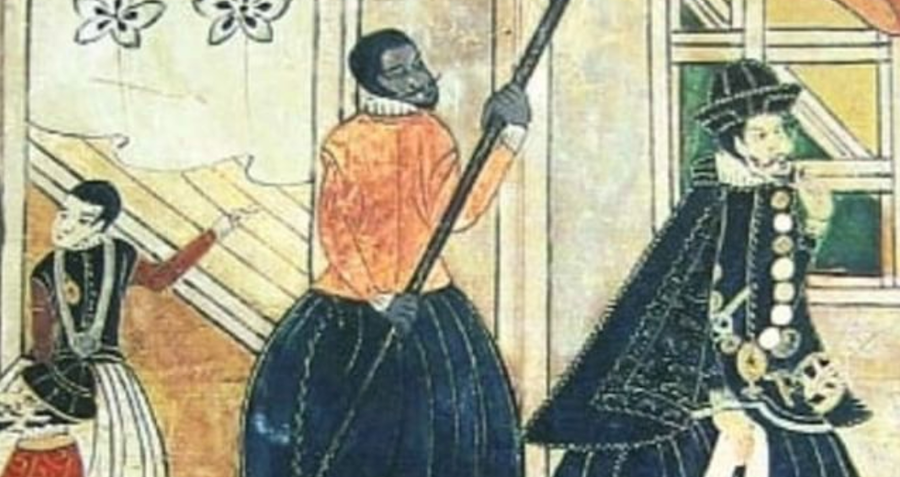
Yasuke is one of Japan’s most fascinating historical enigmas. A Black samurai of African origin, he arrived in Japan in the 1500s, most likely accompanying Jesuit missionaries. His appearance and strength reportedly made such an impression on Oda Nobunaga that he was taken into service and given the title of samurai—a virtually unheard-of honor for someone foreign-born.
In Assassin’s Creed Shadows, Yasuke is one of the main characters, wielding a blade with the full weight of samurai tradition, yet carrying an outsider’s story. Ubisoft leans into the folklore while crafting a believable warrior who fits right into the Sengoku period chaos.
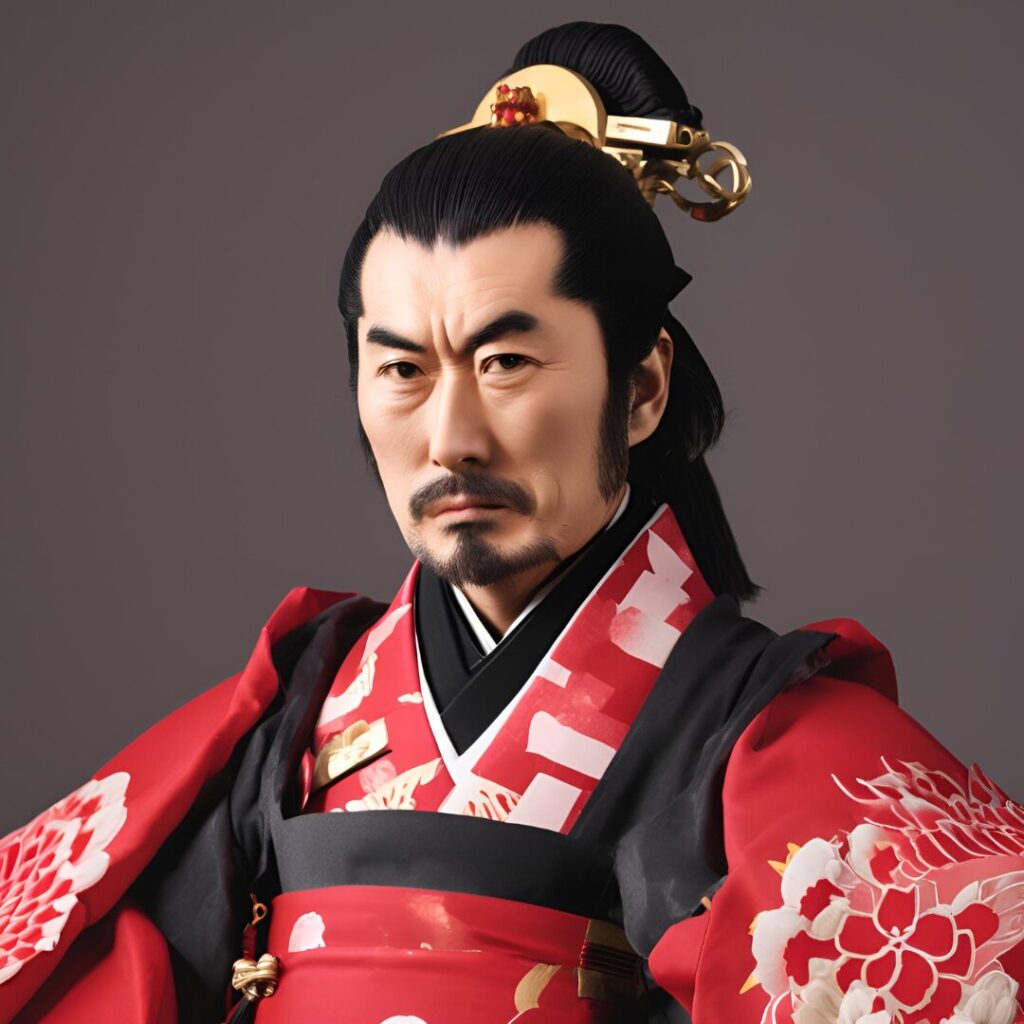
Oda Nobunaga: The Demon Daimyo or Visionary Leader?
Oda Nobunaga is known as one of Japan’s most ambitious and ruthless warlords, a unifier of warring states who laid the groundwork for the eventual reunification of Japan. Some historical accounts portray him as brutal, others as brilliant, and many paint him as both.
In Shadows, Nobunaga plays a central role as Yasuke’s mentor and the powerful daimyo who recognizes his strength. The game captures Nobunaga’s tactical genius while also hinting at his eccentricities—his fascination with the foreign and the new.
This balance mirrors many real-world accounts: Nobunaga was a man who welcomed the new world order and was intrigued by foreign weapons, goods, and even people—like Yasuke.
Historical Accuracy vs. Folklore vs. Ubisoft’s Narrative
Ubisoft has never been shy about blending fact and fiction, and Shadows is no different. The game’s storytelling plays with timelines and motivations, but it does so with an artist’s brush, not a historian’s scalpel. That’s part of the beauty of the series—it invites you to care about history, even if it’s not 100% accurate.
- Yasuke’s Origins? Still debated by scholars, but he likely hailed from Mozambique or Ethiopia. In the game, his past is left mysterious, but his presence is unmistakably powerful.
- Yasuke as a Full Samurai? Historically, he may have been more of a retainer than a full-fledged samurai, but the game reimagines him as a deadly, armor-clad warrior.
- Nobunaga’s Death? The infamous Honno-ji Incident still plays out in lore and likely in-game, but the motivations and players might differ for dramatic effect.
Why Assassin’s Creed Shadows Stands Out
This entry in the franchise stands out because it dives into one of the most romanticized and yet underrepresented eras in Japanese history. The combination of cinematic flair and folklore fusion makes it not just educational, but incredibly enjoyable.
And from someone who just started playing—it’s gripping. Yasuke’s arc is surprisingly emotional, and the setting is so rich it almost feels like you’re stepping into a woodblock print painting with blood on the canvas.
Samurai, Shadows, and Storytelling
Ubisoft has taken the legend of Yasuke and the might of Oda Nobunaga and crafted something that feels epic and respectful. Whether or not it’s historically airtight is beside the point—the real achievement is how Assassin’s Creed Shadows invites us to explore deeper.
If you’ve ever been curious about Japanese history, or just want to live out your samurai fantasy with a dual-katana in hand and a legend at your back—this game is well worth your time.
